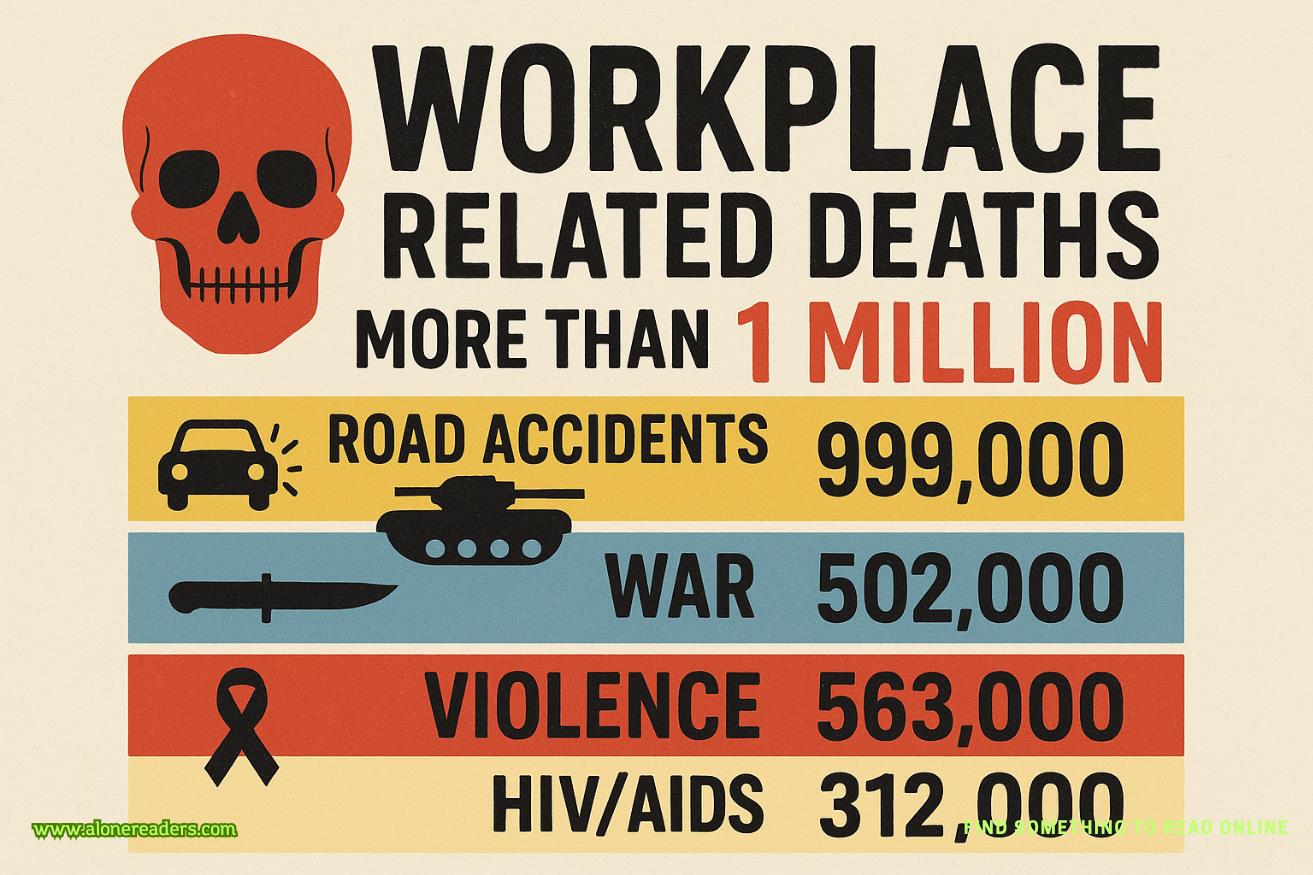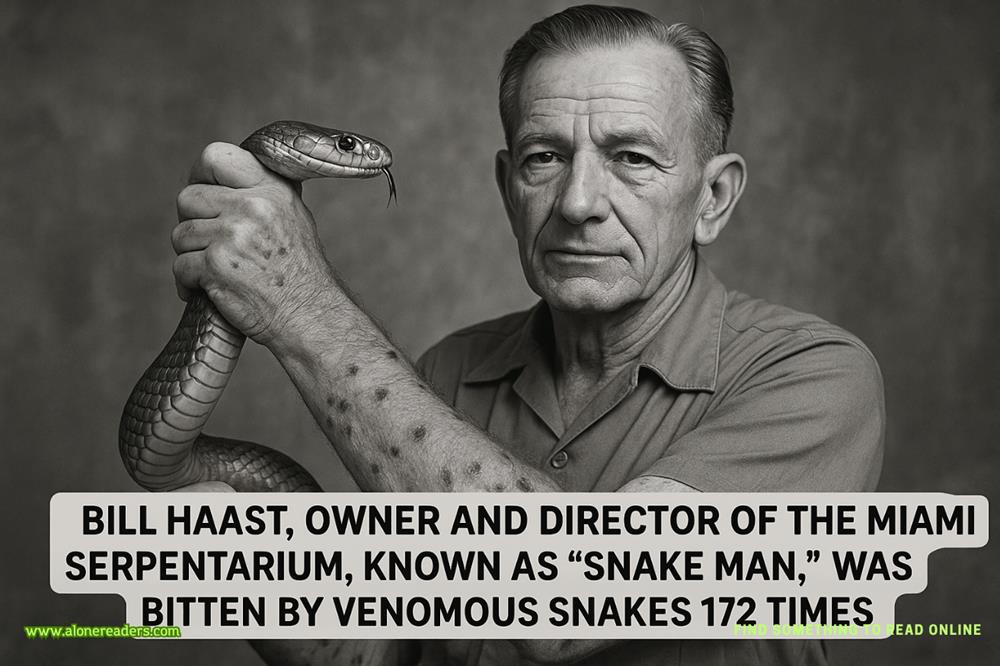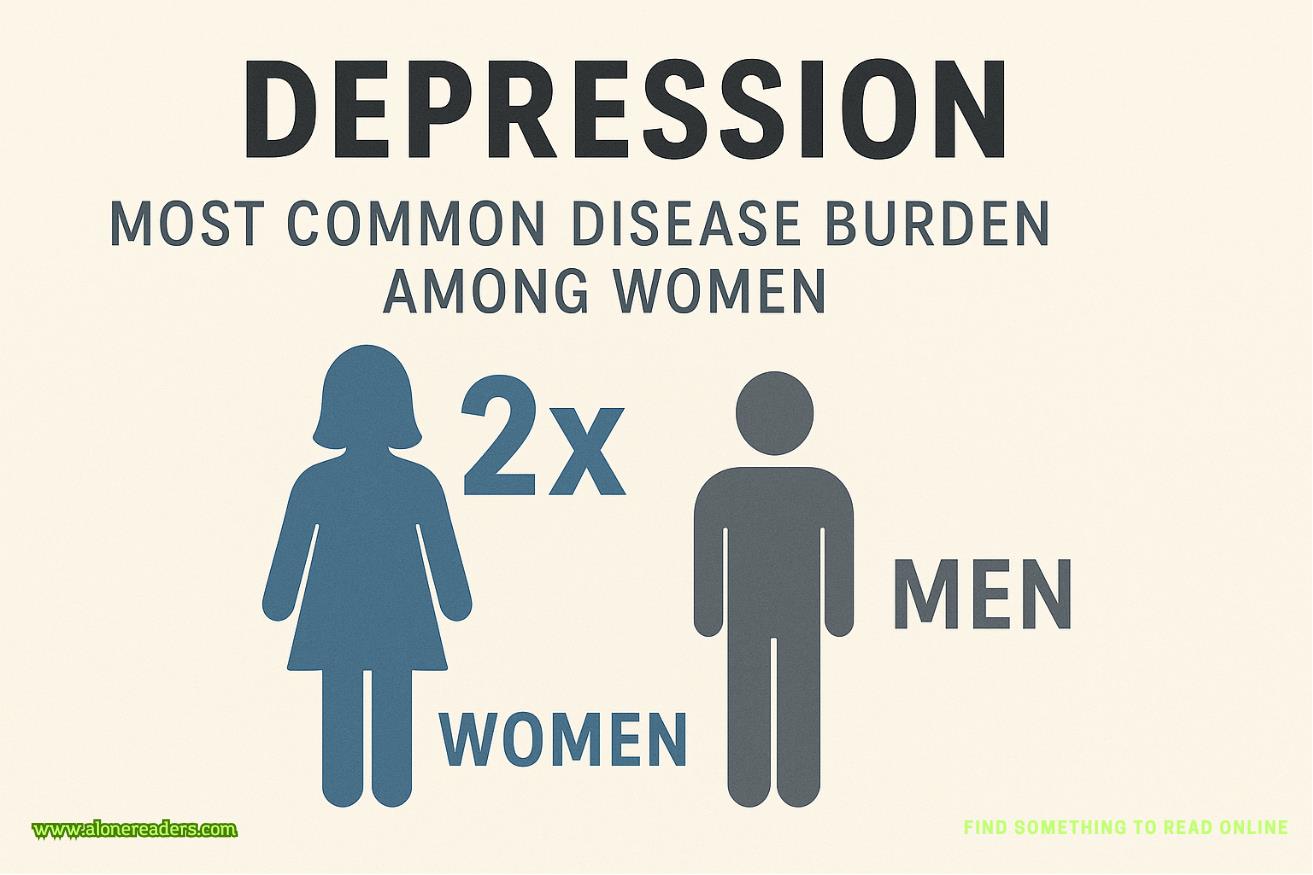Page 61 of Notorious
I’d felt so alone. But I’m not alone anymore, thanks to Kurt. Something as simple as him sending me clean underwear and a book to read makes me feel … seen. Cared for.
Almost hopeful.
I start thinking about what I have to live for. Mama, May Ella, Kurt. And maybe myself.
Pretty sure that’s enough.
CHAPTER 21
Johnny
It takes longer than I’d expected to move me to the new ward, but at last I can step outside and feel the sun on my face. I’ve surely spent some long days indoors, but I’ve never been barred from going outside. Being locked up has been an exercise in patience and moderating my thoughts. In a way, I feel stronger, like I can handle anything, even after just one night.
The new building’s not all that different from the locked ward, except there’s more furniture and things to do. A nurse helps me move the paper bags of my belongings into my new room, which has a chair and a dresser.
“There’s a group session on codependence right now,” she says. “Want to go?”
“I mean,” I say, “why else am I here, other than to show up for what y’all are putting on offer? Not that I’m codependent.”
She gives me a kind nod, likely thinking I don’t know what I’m talking about. Which is true. I’ve heard the word ‘codependent,’ but I haven’t got a clue what it means.
The group session’s started already, and the leader—therapist?—is talking. I take a seat in a chair at the back of the room, and he smiles to acknowledge me but doesn’t point me out.
“Recovery is an emotional time, a volatile time, and it’s easy for people to get bonded in situations like that,” he’s saying. “I’d suggest that you be cautious about getting too close to anyone while you’re healing. People come and go over the course of a lifetime, and the reasons why they are in your life now may not be valid later.”
Is that why Kurt and I are getting so close? Because I’m depressed?
I don’t like to think that.
But I literally met him Saturday, and today’s Tuesday. So I maybe need to watch out and not read too much into how I feel about him.
The leader asks, “How many of you have heard of the term ‘codependence’?”
Most of us raise our hands.
He nods and asks, “How many of you have heard of it and know what it means?”
A lot of hands go down.
“It’s a term that gets thrown around a lot, and, like with many psychological terms, it’s often used incorrectly. There are several definitions, but one I like—and that author Melody Beattie uses—is that people who are codependent let another person’s behavior or situation affect them to the point where they’re obsessed with controlling it. The other person may or may not be responsible for the situation—they could have a substance abuse problem, they could be emotionally unavailable or abusive, they could be physically or mentally ill or have other problems. But the codependent is preoccupied with gaining control over that behavior or situation. Stopping it. Fixing it. The codependent thinks the other person’s life is their responsibility.”
I sit up a little straighter. Wait, what?
“A lot of codependent people have lived through events that are traumatic and out of control. They respond to that by trying to find something they can control. Not in an intentionally harmful way, but as a means of feeling safe. They try to solve problems that aren’t theirs to solve. They feel responsible for another person’s happiness. If that person is happy, then they’re happy. If that person is upset, then the codependent gets upset until that person feels better.”
I’m not codependent. He ain’t describing me.
“Codependents can exhibit a wide variety of behaviors. They can be anxious, depressed, repressed, angry, and controlling. Being codependent can result in all kinds of problems, from tolerating abuse in an attempt to keep a relationship going to being a martyr with long-term resentment from an unfulfilled desire to be recognized for their sacrifice.”
I want to leave. I don’t want to hear this.
I move to get up, but then he says, “Codependents are constantly trying to prove that they are good enough to be loved.”
I feel like someone just smacked me in the chest. I can’t get any air.
“A codependent person overdoes and attempts to be responsible for things that aren’t their responsibility at all, or they can be extremely irresponsible when everything gets to be too much. They’re trying to get their needs met in a way that doesn’t work. Often, they’re doing the wrong things for the right reasons—or the right things for the wrong reasons.”
Good thing those meds are taking the edge off, or I’d be jumping outta my skin right now.















